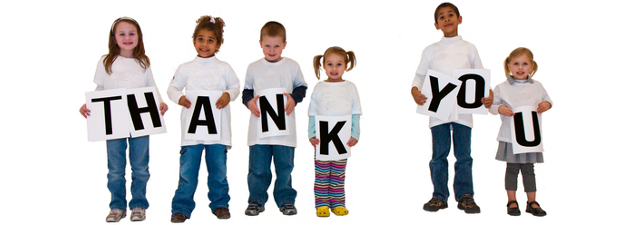 Teaching our children how to apologize for mistakes and accidental acts is a part of learning good manners. The Balanced Life Skills Way of making an apology is by saying the words out completely, “I am sorry”. In this way the child is not just saying a quick “sorry” in a manner that is assuredly not completely meant or even understanding what they are apologizing about.
Teaching our children how to apologize for mistakes and accidental acts is a part of learning good manners. The Balanced Life Skills Way of making an apology is by saying the words out completely, “I am sorry”. In this way the child is not just saying a quick “sorry” in a manner that is assuredly not completely meant or even understanding what they are apologizing about.
A complete apology starts with saying “I am sorry” followed with what you are sorry about. An example would be, “I am sorry for knocking your blocks over.” This can be followed up with, “Can I help you pick them up?” When an act takes place that is accidental, the follow up of an apology helps the child to begin to understand how the other person may feel. We may need to assist them with questions like, “How do you think they feel?” or a comment “I believe that Tommy is frustrated that his blocks got knocked over. How can you help him?”
The other side of this is when an act is on purpose. Recently when speaking to students on this subject I asked when is it appropriate to make an apology? One of the first responses was “when you push someone”. While an apology is in order if someone is pushed there is much more work to do with the aggressor. This seems to be an act that is on purpose with the goal of getting what they want. Now is the time to get the child to understand that he needs to apologize – “I am sorry for pushing you.” The second step is be very firm that this behavior is not acceptable, not the way we treat others. Ask them how they think the other person may feel, how they might feel if someone pushed them and then ask “What can you do to make this right or better? What can you do to not let this happen again?”
It is likely that they will have many “reasons” for the push. We can help them to see that being aggressive in this manner, that intentional pushing is never right and is not the way our family treats others. Some of this teaching will need to be done immediately and some of this can be extended to times that emotions are not as high to have the most effect.
Learning to apologize is good manners. Even as adults, we can use these lessons for ourselves – being sure that when we say to our spouse, workmate or others that we are sorry, that it is heartfelt and sincere with the intent to be more mindful in the future.

 As our children get older they begin to feel their independence and they want to show that they can do things on their own. They may begin to feel that they no longer need to tell us, their parents, when or where they are coming or going. Even if they do tell us, they may feel a certain amount of resentment about having to do so.
As our children get older they begin to feel their independence and they want to show that they can do things on their own. They may begin to feel that they no longer need to tell us, their parents, when or where they are coming or going. Even if they do tell us, they may feel a certain amount of resentment about having to do so. Manners are so important for children to learn as in the words of Clarence Thomas, “Good manners will open doors that the best education cannot.” When we use the good manners of saying please when making requests, or thank you when others have done a good deed toward us, we are showing that the feelings of others matter to us.
Manners are so important for children to learn as in the words of Clarence Thomas, “Good manners will open doors that the best education cannot.” When we use the good manners of saying please when making requests, or thank you when others have done a good deed toward us, we are showing that the feelings of others matter to us.

 A positive attitude is great for our health, both mental and physical. However we can have times in our life that it seems very difficult to be or stay positive. Things may not seem to be going our way. A negative attitude may creep in on us or we may have others around us who are filling us with negative thoughts.
A positive attitude is great for our health, both mental and physical. However we can have times in our life that it seems very difficult to be or stay positive. Things may not seem to be going our way. A negative attitude may creep in on us or we may have others around us who are filling us with negative thoughts.